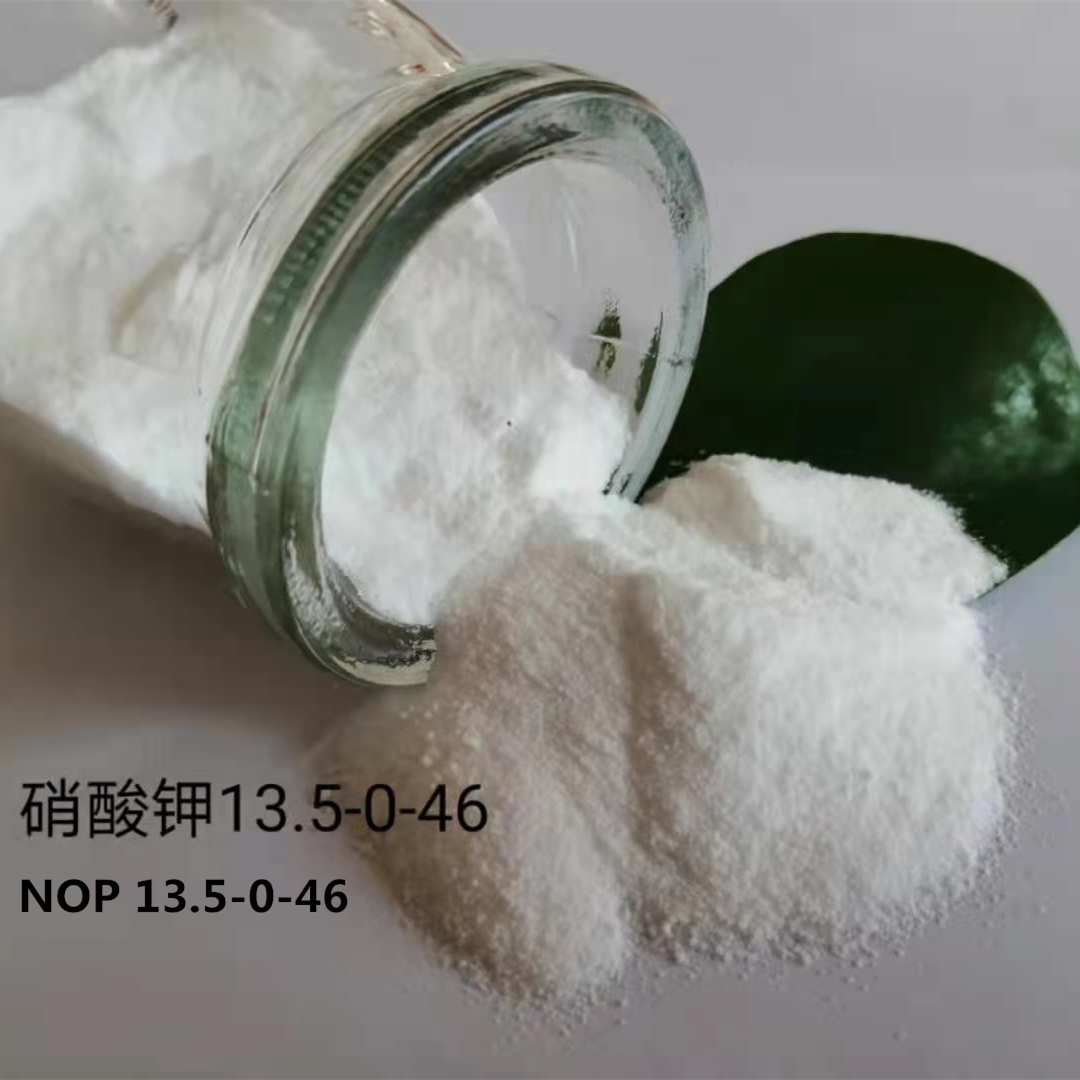
Okt . 14, 2024 17:18 Back to list
High-Quality Organic Fertilizer Production with Elevated NPK Ratios for Sustainable Agriculture
The Rise of High-Quality Organic Fertilizer Factories A Focus on N, P, K Nutrients
In recent years, the global demand for organic farming has surged, prompting an increase in the establishment of organic fertilizer factories. Among them, those specializing in high percentages of Nitrogen (N), Phosphorus (P), and Potassium (K) organic fertilizers have gained prominence. These essential nutrients play a vital role in plant growth and development, making NPK organic fertilizers crucial for sustainable agriculture.
The Importance of NPK in Agriculture
Nitrogen, phosphorus, and potassium are the three primary macronutrients required by plants. Nitrogen is essential for leaf growth and overall plant vigor. It helps in the formation of chlorophyll, which is necessary for photosynthesis. A deficiency in nitrogen can lead to stunted growth and yellowing of leaves. Phosphorus plays a critical role in energy transfer and is crucial for root development and flowering. Without adequate phosphorus, plants may exhibit poor root systems and reduced fruit yield. Potassium, on the other hand, strengthens plant resistance to diseases and helps in regulating various physiological processes, including water uptake and enzyme activation.
The Shift Towards Organic Fertilizers
The shift towards organic fertilizers is largely driven by increasing awareness of the long-term impacts of chemical fertilizers on soil health and the environment. Traditional chemical fertilizers, while effective in the short term, can lead to soil degradation, loss of microbial diversity, and water pollution due to runoff. Organic fertilizers, particularly those rich in N, P, and K, provide a more sustainable option by enhancing soil fertility and structure without compromising ecological balance.
Establishing NPK Organic Fertilizer Factories
The establishment of high-quality NPK organic fertilizer factories involves strategic planning and investment. The first step is sourcing raw materials, which can include animal manure, compost, bone meal, and plant residues. These materials are rich in essential nutrients and can be processed into concentrated organic fertilizers.
The production process typically involves several stages, including composting, grinding, blending, and granulation. During composting, raw materials undergo aerobic decomposition, which enhances nutrient availability and kills pathogens. Once composted, the materials are ground to a fine powder and blended to achieve the desired NPK ratios. Finally, granulation techniques are employed to create uniform granules that are easy to apply.
high n p k organic fertilizer factories

Innovations in Organic Fertilizer Production
Recent technological advancements have revolutionized the production of organic fertilizers. Innovations such as precision blending, controlled-release formulations, and microbial inoculants have improved the efficacy of NPK organic fertilizers. Precision blending allows manufacturers to create customized fertilizers tailored to specific crop needs, while controlled-release formulations ensure that nutrients are available to plants over an extended period.
Furthermore, the incorporation of beneficial microbes into the fertilizers can enhance nutrient uptake and improve soil health. These microbial inoculants promote the growth of a thriving soil ecosystem, fostering symbiotic relationships that enhance nutrient availability for plants.
Market Dynamics and Opportunities
The global market for organic fertilizers is on the rise. Factors such as the growing awareness of sustainable farming practices, consumer demand for organic produce, and government regulations promoting organic agriculture are driving this trend. High-quality NPK organic fertilizer factories are well-positioned to capitalize on this demand, as they can provide farmers with effective, environmentally-friendly alternatives to chemical fertilizers.
Moreover, the rise of e-commerce has opened new avenues for fertilizer distribution, allowing factories to reach a broader customer base, including smallholder farmers. By offering educational resources and support, these factories can further empower farmers to adopt organic practices, creating a positive feedback loop that benefits both the environment and agricultural productivity.
Conclusion
The establishment of high-quality NPK organic fertilizer factories represents a crucial step towards sustainable agriculture. By focusing on the essential nutrients required for plant growth, these factories not only contribute to improved crop yields but also promote soil health and environmental stewardship. As the demand for organic farming continues to grow, the importance of these factories in the agricultural landscape will become increasingly evident, paving the way for a greener and more sustainable future.
-
Premium 8 12 16 Fertilizer – High-Efficiency Compound & Granular NPK Supplier
NewsJun.10,2025
-
High Quality Agricultural Grade NPK Fertilizer Manufacturer & Supplier Reliable Factory Price
NewsJun.10,2025
-
Organic Fertilizer for Corn Boost Yield Sustainably
NewsJun.10,2025
-
Organic Fertilizer for New Plants Natural Growth Boost & Eco Nutrients
NewsJun.10,2025
-
Optimized Hydroponic NPK Fertilizer – Fast Growth & Nutrients
NewsJun.09,2025
-
Top-Rated NPK Fertilizer for Fruit Trees - Boost Growth & Yield
NewsJun.09,2025
